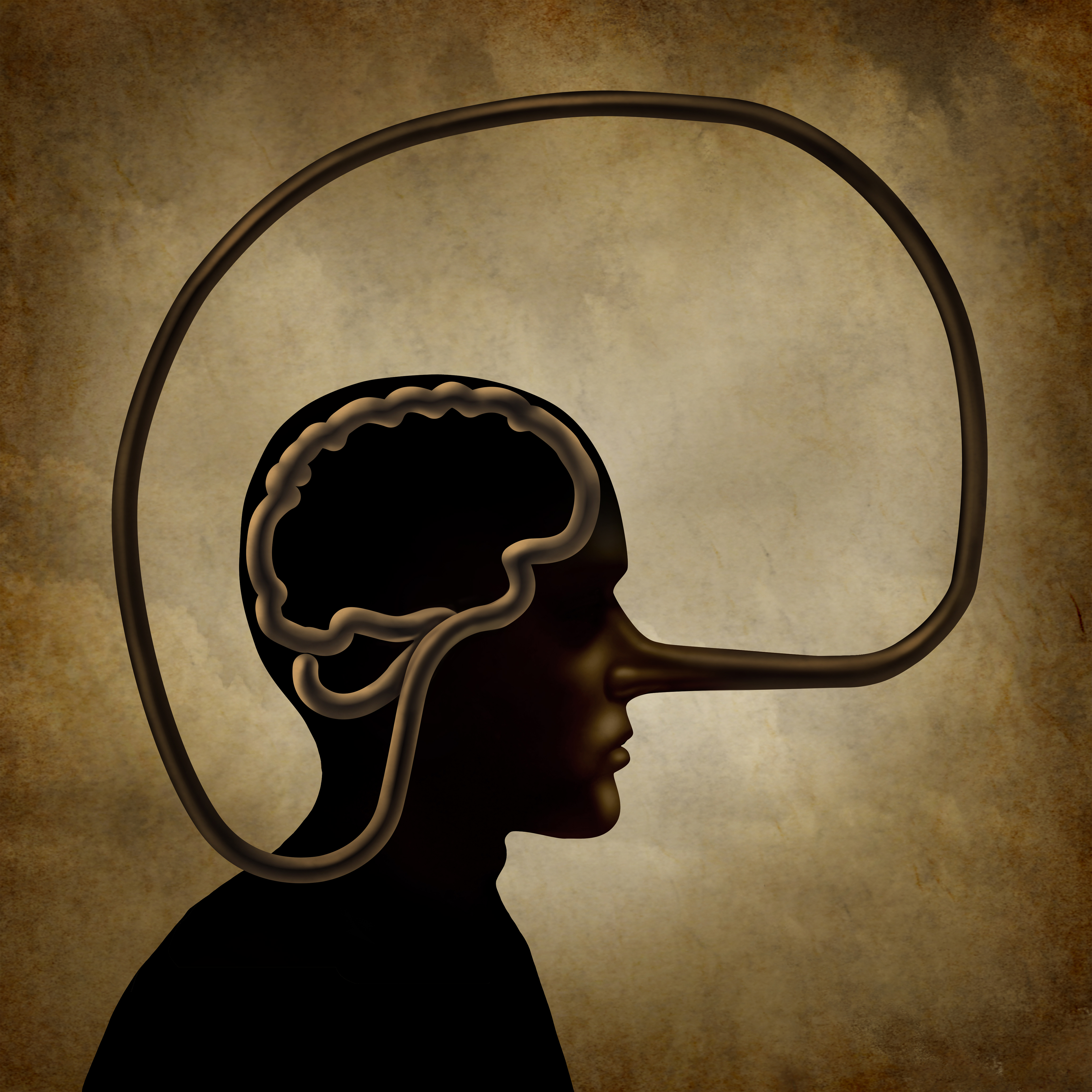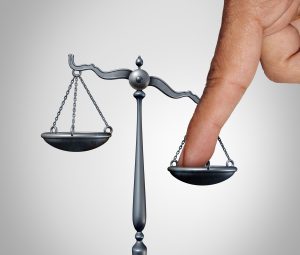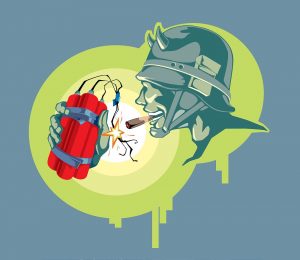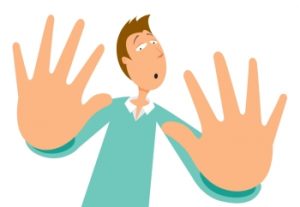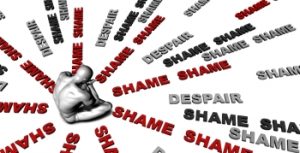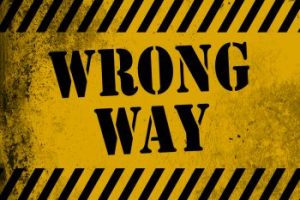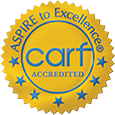I don’t remember when I first realized the power of dishonesty, but I do know that I was lying to avoid consequences long before I was lying about my drinking and drug use. I can remember telling my mom I didn’t break that picture frame and telling my teacher that I had completed that assignment but forgot it at home. Sometimes the lies were to avoid the “hassles” of everyday life and sometimes the lies were to hide how much pain I believed I was in. Sometimes the lies were small like “I only had two or three drinks” when I had the better part of a dozen and sometimes the lies were big like hiding a DUI from my friends and family.
It seemed as my addiction and alcoholism progressed, I was living in more dishonesty and distortion than I was reality. Honesty became scarier than the potential consequences of deceit and facing the condition of my moral fiber even worse. “I can stop any time I want, I just don’t want to”. “I’m having fun”. “I’m not hurting anyone”. “I’m not as bad as you are making me out to be”. “It’s not my fault”.
I found over the years that complete bliss by way of delusional ignorance was not always obtainable. I would have moments of clarity where I was able to face myself clearly and I would ask myself how I had gotten here. Why was I the way I was? Why couldn’t I get honest and tell those I loved what was really going on? Why couldn’t I get honest and ask for help?
Addicts and alcoholics lie for a number of reasons that can be quantifiable in the following:
#1 (First and foremost!!!) To Preserve Their Addiction
There came a day when I became sick and tired of being sick and tired. But before I got to that point, I came up with every reason why the problems I was experiencing were not a result of my addiction. It was the school I went to, the cops that arrested me, the courts that prosecuted me, the legal system that failed me, the parents that didn’t teach me, the community that didn’t support me. If I had acknowledged that the drugs and alcohol were ruining my life then I would have had to give them up far sooner than I was ready or willing to. Thus a new reality of blame and escaping responsibility was created. Whether this logic was conscious or unconscious at any given time, it was necessary to divert attention from what I thought was my solution. Little did I realize how little everyone else bought into my façade.
#2 To Avoid Confrontation
Rarely do friends and family sit by and idly watch a loved one self-destruct. The stress of interpersonal relationships can be the most overwhelming for anyone, leading the addict and alcoholic to avoid confrontation at all costs. I never wanted to lose the people I loved but if it were to come down to a choice between the drugs and alcohol, and a loved one, the drugs and alcohol were going to win. Despite my heart and mind demanding my resignation, the reptilian part of my brain where addiction lives was going to hijack my best thoughts and deepest emotions every time. In the end what better alternative could I think of other than to avoid personal relationships? And all I had to do was tell some “white lies”…
#3 To Cope with Shame
In moments of clarity the feelings of extreme embarrassment, regret, and shame become commonplace. Unable to process these emotions and work through them to heal a continued pattern of drinking and using seemed necessary just to keep from giving up all together. I would keep up appearances as best I could through the age old “I’m fine”, or “it’s no big deal”, or “I’m just feeling a little under the weather”. I would work tirelessly to paint a picture of status quo because I was terrified of you knowing that I couldn’t stand being stuck with who I thought I had become.
#4 There is Something Wrong with Me
“No person likes to think he is bodily and mentally different from his fellows” (Alcoholics Anonymous pg. 30). I believe that I understood from a young age that my relationship with alcohol and drugs was abnormal in comparison to the other people in my life. I always wanted to the party to go later, the blunt circles to last longer, and the drug stash to never run out. My friends would use drugs to “take the edge off” while I sought oblivion to escape. My family or co-workers would use alcohol as social lubricant while I sought to become a new person. But to think that I wouldn’t be able to drink a glass of champagne at my wedding or smoke a joint at that concert was difficult to accept. To think that I couldn’t drink wine with dinner or beer at a football game wasn’t fair. I didn’t want to be the one who had to refrain. I didn’t want to feel left out. I didn’t want to think that I was different.
#5 To Avoid Facing Reality
Before the age in which I should have developed a strong sense of self and identity addiction had already become paramount to all other interests, creating an altered sense of self and someone those around me vaguely recognized. Alcoholism and addiction reorganized my world and jettisoned me into an alternate reality of perception in which everyone was the same as I. However, I wasn’t living in an alternate reality of the material world and therefore some serious discrepancies between what I thought was okay and what others thought was okay arose often. The solution to reconciling these said discrepancies was an attempt at avoidance altogether through self-deceit and cognitive distortions.
I used to wonder why it was that I could be in a room full of people and feel so alone. I used to wonder why it was that I had so many people tell me they loved me, yet I felt so detached from everyone and everything. What I found to be true was that the lies I told myself and others were the root cause of the deep isolation I experienced in all areas of my life.
Only when the diversion from a solution began to reroute into a path towards recovery did I begin to face the truth. When I began to see others like myself illuminate the facts of their own realities, did I begin to see my own delusions for what they were. Only by breaking through denial did I begin to heal.
Check out our next blog post on how an addict like me learned to incorporate honesty into all my affairs.
